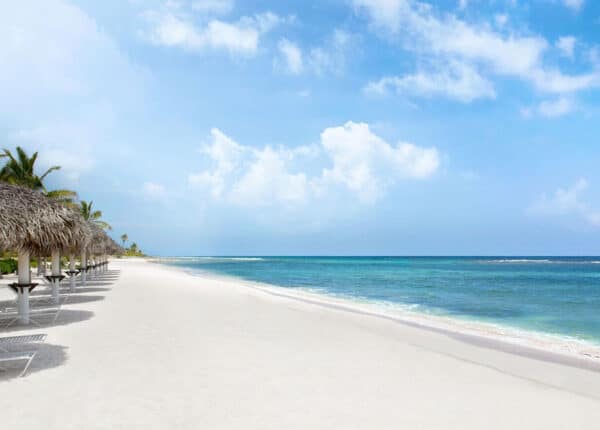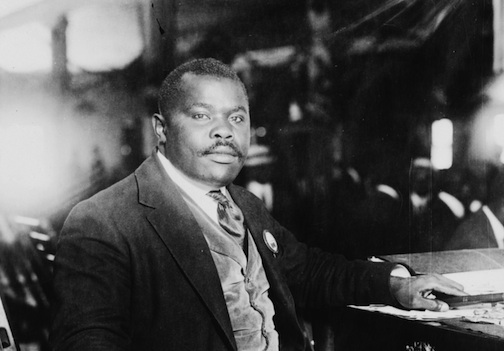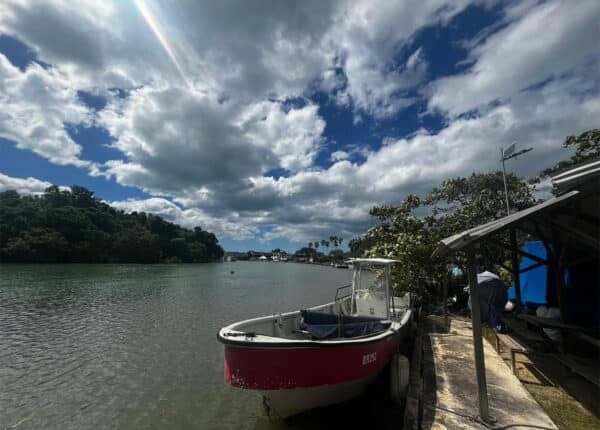Op-Ed: The Exoneration of Marcus Garvey: A Moral Obligation
By Geoffrey Philp
Op-Ed Contributor
On June 16, 2012, the Rootz Foundation, Institute for Caribbean Studies, and the Marcus Garvey Celebrations Committee, of which I am a member, launched an online petition for the exoneration of Marcus Garvey, leader of the largest movement for social and economic justice in the early twentieth century, who was wrongfully convicted on charges of mail fraud by the US government.
June 16 was chosen because of its major significance for African-Heritage People worldwide, including the birthday of Leonard Howell (the pioneer Rastafarian leader) and the anniversary of the Soweto Youth Uprising and Massacre.
June 16 is also the anniversary of a petition to release Marcus Garvey from prison, which was sent to United States President Calvin Coolidge by the Universal African Missionary Convention, from Cape Town, South Africa.
Our actions were predicated on a sense of history that empowers our decision to petition President Barack Obama to exonerate the Right Honorable Marcus Mosiah Garvey.
Our choice of “exonerate” rather than “pardon” — as some in the media have reported — is also important.
A pardon would be an admission that Marcus Mosiah Garvey was guilty of the alleged crimes that ultimately led to his conviction on charges of mail fraud and imprisonment in the Atlanta Federal Penitentiary in 1925.
An exoneration, on the other hand, would not only signify Garvey’s innocence of the charges, but would also be a tacit confession of the government’s complicity in the persecution of Marcus Garvey.
What is the basis of this assertion? Founded on the discoveries of Dr. Robert Hill, who under the Freedom of Information Act has uncovered evidence in FBI documents, including memos from J Edgar Hoover himself, supporting the argument that the trial and imprisonment of Garvey were politically motivated”; historical research by Colin Grant in Negro With a Hat bringing to light the evidence that Marcus Garvey was convicted on the basis on an empty envelope, and the judicial and prosecutorial irregularities noted by Justin Hansford in “Jailing a Rainbow: The Marcus Garvey Case,” it is now abundantly clear, as Judith Stein asserted in her Op-ed in the New York Times, “Garvey’s politics were on trial.”
Since June 16, 2012, the online petition has gathered over 1,600 signatures and is growing daily. While the growth has been modest, we have encountered resistance that ranges from ignorance through apathy to hostility.
While I can agree to disagree with those who still believe in separatist Black nationalism, which is grounded on the readings of Marcus Garvey’s earliest writings, the unconscionable opposition to the petition by those who have stated publicly that we are wasting our time honouring a “dead man” whose “ideas are irrelevant,” has been the most depressing aspect of the campaign.
Before the launch, I would not have believed that in the year 2012, Black people, especially some who claim to be “conscious” and “progressive,” would not assist in “making whole” the name and character of the greatest hero in the liberation of people of African descent.
Marcus Garvey is at the root of the redemption of Africa. It is not a coincidence that Bob Marley’s “Redemption Song” paraphrases Garvey’s speech in Nova Scotia, “We are going to emancipate ourselves from mental slavery because whilst others might free the body, none but ourselves can free the mind.”
Marcus Garvey’s son, Dr. Julius Garvey, summed up the cardinal values of his father’s work as a liberator: “A sense of identity, self-reliance, unity/nationhood, entrepreneurship, education in the physical and psychological sciences, and spirituality based on the Father/Motherhood of God and the brother/sisterhood of woman/man. The principle that Garvey outlined in was a philosophy, theology, psychology, and social action plan that could be applied by all people in any location.”
These are tried and true principles that have been used to liberate individuals and nations.
As Malcolm X said, “Every time you see another nation on the African continent become independent, you know Marcus Garvey is alive.”
On that basis alone, the liberation of peoples of African descent from ignorance and fear, I believe Marcus Mosiah Garvey deserves to be exonerated.
If you would like to join the petition, please follow this link.
Geoffrey Philp, author of the e-book, Bob Marley and Bradford’s iPod, has also written two short story collections, six volumes of poetry, and two children’s books. A multi-award winning writer, whose work explores the themes of masculinity and fatherhood in a Caribbean context, Geoffrey is one of the few writers whose work has been published in the Oxford Book of Caribbean Short Stories and the Oxford Book of Caribbean Verse. His blog, geoffreyphilp.blogspot.com, covers literary events in the Caribbean and Miami. He teaches creative writing at Miami Dade College, where he is the chairperson of the College Prep. Department.
Note: the opinions expressed in Caribbean Journal Op-Eds are those of the author and do not necessarily reflect the views of the Caribbean Journal.







